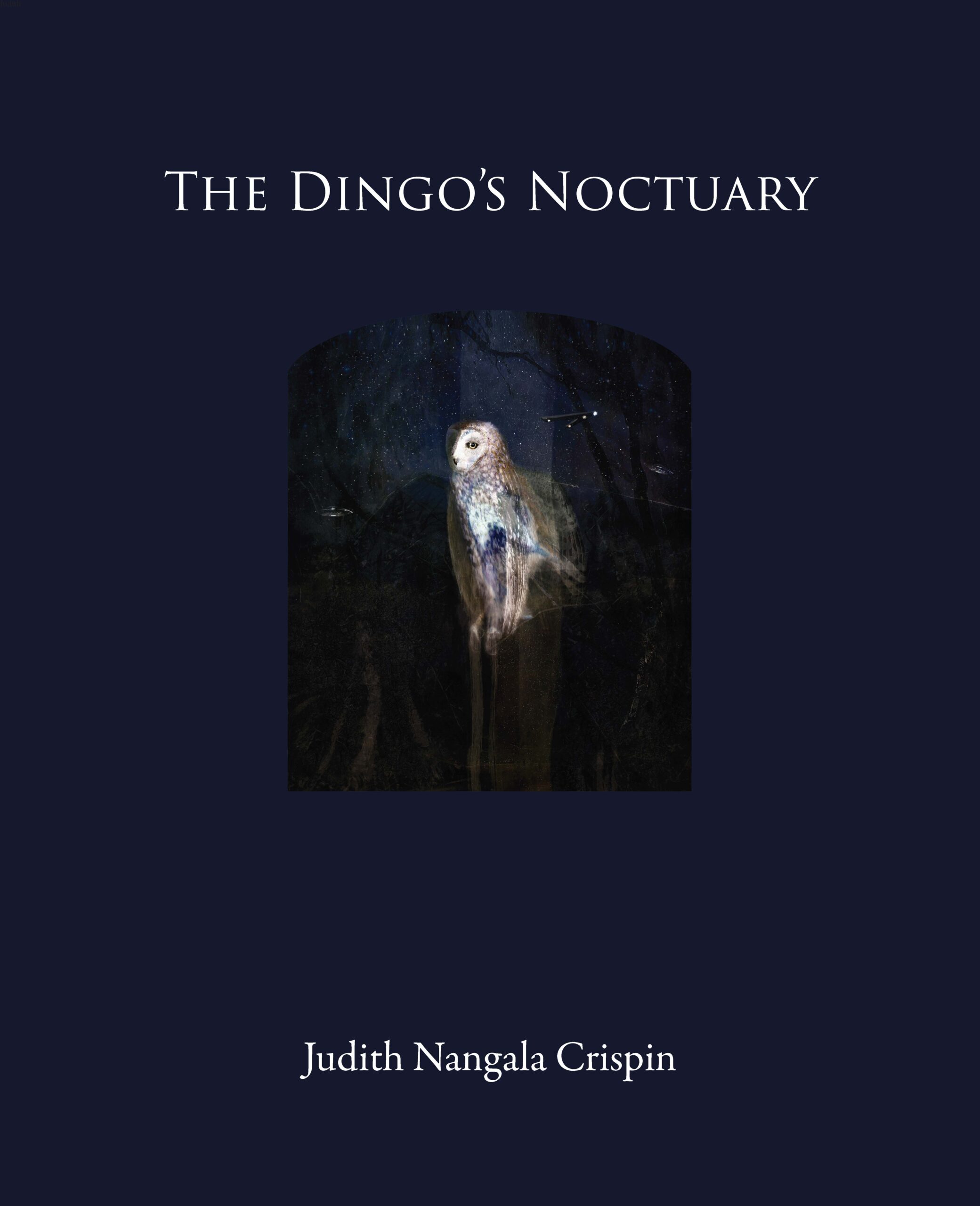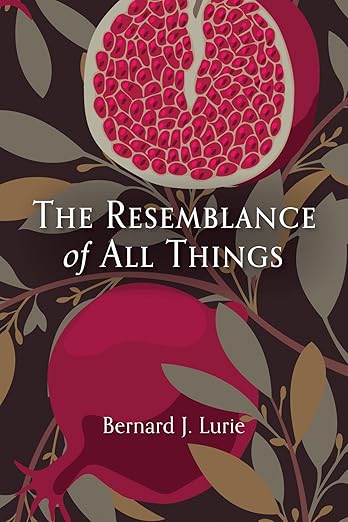 We are taken in with the story of the daughter who has been hurt and is in hospital, but the observations and comments are fully poetic, allowing the reader to experience the sensations of mother and child in the rhythms and sounds of the words. In some of the poems a very discreet sense of humour is hidden. It is interesting to encounter one poem with a bit of history about Psychiatry services and English law about Leucotomy (Lobotomy) and art therapy.
We are taken in with the story of the daughter who has been hurt and is in hospital, but the observations and comments are fully poetic, allowing the reader to experience the sensations of mother and child in the rhythms and sounds of the words. In some of the poems a very discreet sense of humour is hidden. It is interesting to encounter one poem with a bit of history about Psychiatry services and English law about Leucotomy (Lobotomy) and art therapy.
Category: Poetry Reviews
A review of Trash Truck 7:38 A.M. by Ed McManis
 There aren’t many love poetry books written to celebrate the mundane. In his new chapbook, Ed McManis writes a series of odes to mature, long-lasting love, exploring the nature of ongoing compromise, of the joy of co-existing with difference and dissent, of lost dreams and the ongoing anxieties of parenting, aging, and loss.
There aren’t many love poetry books written to celebrate the mundane. In his new chapbook, Ed McManis writes a series of odes to mature, long-lasting love, exploring the nature of ongoing compromise, of the joy of co-existing with difference and dissent, of lost dreams and the ongoing anxieties of parenting, aging, and loss.
A review of Poems Talking to Poems edited by Jeffrey Levine and Kristina Marie Darling
 Levine takes gems from his blogs and workshop material to create the frame for the book. “The Poetry Manuscript: Arts and Crafts” serves as an introduction to the granular exploration of what he calls “the art of transforming individual poems into a transcendent whole.” Every chapter Levine contributes requires poets to dive deeper into creative self-awareness.
Levine takes gems from his blogs and workshop material to create the frame for the book. “The Poetry Manuscript: Arts and Crafts” serves as an introduction to the granular exploration of what he calls “the art of transforming individual poems into a transcendent whole.” Every chapter Levine contributes requires poets to dive deeper into creative self-awareness.
A review of Aleph Bet by Sue Rose
 But the main event is Rose’s wonderful poetry. Each of the poems is one long stanza, meditations on the meaning and appearance of each letter. In her Notes at the end of the sequence, Rose provides fascinating information about the background of each letter, including the numerical value of each, which ranges from 1for the aleph (א) to 400 for the tav (ת). The numerical values of the letters are key to gematria, Jewish numerology.
But the main event is Rose’s wonderful poetry. Each of the poems is one long stanza, meditations on the meaning and appearance of each letter. In her Notes at the end of the sequence, Rose provides fascinating information about the background of each letter, including the numerical value of each, which ranges from 1for the aleph (א) to 400 for the tav (ת). The numerical values of the letters are key to gematria, Jewish numerology.
Creative Imagination: Unruly Tree and Self-Portrait as Vanishing Act by Leslie Ullman
 Striking for their sharp focus and mesmerizing for their rich vocabulary, these collections transport readers to imagined realms that are also vividly real. It has been a productive year for this acclaimed poet and writing teacher, who released two new poetry collections within eight months of each other.
Striking for their sharp focus and mesmerizing for their rich vocabulary, these collections transport readers to imagined realms that are also vividly real. It has been a productive year for this acclaimed poet and writing teacher, who released two new poetry collections within eight months of each other.
A review of Split Daughter of Eve by Catherine Gonick
 Breaking open a double heritage, Christian and Jewish, Catherine Gonick creates a paradise where three sisters—the speaker, the younger sister, and the little sister—are all portrayed as daughters of Eve. Her full-length collection, Split Daughter of Eve, takes us on a deep dive where we find the speaker changing shape, changing perception, and even trying to reverse loss.
Breaking open a double heritage, Christian and Jewish, Catherine Gonick creates a paradise where three sisters—the speaker, the younger sister, and the little sister—are all portrayed as daughters of Eve. Her full-length collection, Split Daughter of Eve, takes us on a deep dive where we find the speaker changing shape, changing perception, and even trying to reverse loss.
A review of Earthly by Jean Follain
 Follain’s impersonal perspective puts him, in Francis Ponge’s phrase, on the side of objects. The natural features and man-made things that fill his poems are given presences of their own, which Follain brings out with a sharp eye and an understanding of their place within the human world.
Follain’s impersonal perspective puts him, in Francis Ponge’s phrase, on the side of objects. The natural features and man-made things that fill his poems are given presences of their own, which Follain brings out with a sharp eye and an understanding of their place within the human world.
A review of The Dingo’s Noctuary by Judith Nangala Crispin
 The idea that we are all en route to returning to outer space is a healing and consoling thought, bringing together the many themes in the book in a way that is both beautiful and heartbreaking. At $130,The Dingo’s Noctuary is not a cheap book, but it is a work of art, and one that continues to call the reader back to find new threads, new stories, and new transformations.
The idea that we are all en route to returning to outer space is a healing and consoling thought, bringing together the many themes in the book in a way that is both beautiful and heartbreaking. At $130,The Dingo’s Noctuary is not a cheap book, but it is a work of art, and one that continues to call the reader back to find new threads, new stories, and new transformations.
A review of The Resemblance of All Things by Bernard J. Lurie
 The book is divided into four parts. Each part is prefaced by a single prefatory line indicting that what follows is directed to a different biblical prophet. None of them speak in the poem. The prophets are addressed indirectly, through intermediaries of God, regarding matters about which they prophesied. It does not restate their views. Neither does the poem advocate on behalf of or against any faith.
The book is divided into four parts. Each part is prefaced by a single prefatory line indicting that what follows is directed to a different biblical prophet. None of them speak in the poem. The prophets are addressed indirectly, through intermediaries of God, regarding matters about which they prophesied. It does not restate their views. Neither does the poem advocate on behalf of or against any faith.
A review of Level Watch by Mary Ardery
 The speaker has a direct line that runs from her heart to the hearts of the women she is striving to help. At times this line becomes clogged, and there is a break, perhaps because of the strain of her own unresolved conflicts with drugs and alcohol, (Not uncommon in the field) but never to the detriment of the work. In fact, her brilliant honesty and self-doubt drew me in as a reader, leaving me to draw my own conclusions about how she was changed as a person as a result of this lived experience, which is what all good poetry invites us to do.
The speaker has a direct line that runs from her heart to the hearts of the women she is striving to help. At times this line becomes clogged, and there is a break, perhaps because of the strain of her own unresolved conflicts with drugs and alcohol, (Not uncommon in the field) but never to the detriment of the work. In fact, her brilliant honesty and self-doubt drew me in as a reader, leaving me to draw my own conclusions about how she was changed as a person as a result of this lived experience, which is what all good poetry invites us to do.